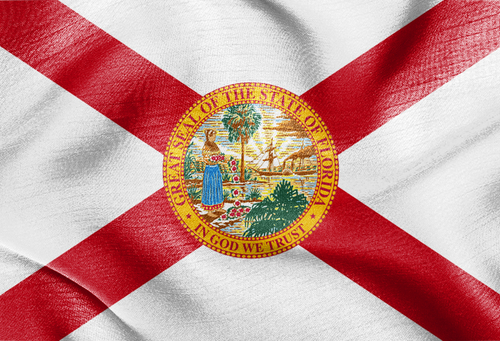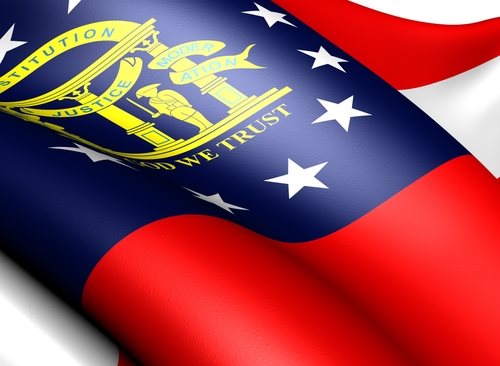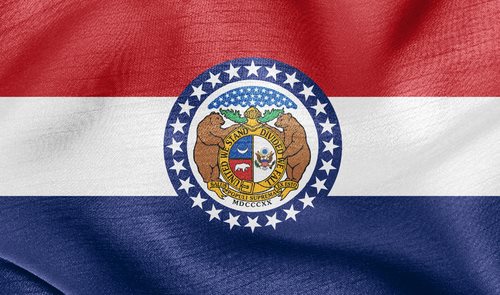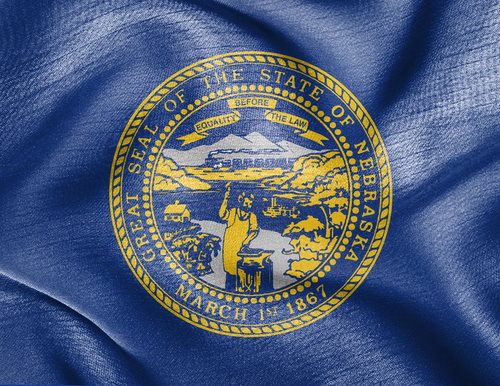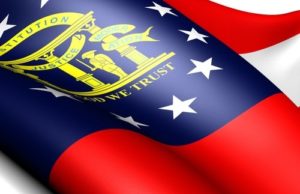Minnesota Attorney General

What is the Attorney General Minnesota?
The Minnesota Attorney General is a legal and administrative position undertaken by the appointed individual serving as the primary attorney – or Minnesota lawyers– on behalf of the State of Minnesota; the appointment of the Attorney General Minnesota takes place through a statewide election. Although the Attorney General Minnesota undertakes a vast array of duties and responsibilities, amongst the foremost of their responsibilities is to serve the collective citizenship of the State of Minnesota through legislative advocacy and the guardianship of legal statutes:
The Attorney General Minnesota
The Minnesota Attorney General is Lori Swanson, who was elected in 2007; she is a member of the Minnesota Democratic-Farmer-Labor Party:
Lori Swanson’s term ends in 2015
Lori Swanson received his legal degree from the William Mitchell College Law School
The Office of the Attorney General Minnesota
The Office of the Attorney General of the State of Minnesota is located in the State Capitol Building in St. Paul, Minnesota; the Minnesota Attorney General shares a membership with the Executive State Council of Minnesota, the Minnesota Board of Investment, and the Land Exchange Board of the State of Minnesota
Criminal Justice Duties of the Minnesota Attorney General
The various divisions of the Attorney General Minnesota include the following:
Child Support Division
Criminal Division
Consumer Protection Division
Fraud Division; Privacy and Identity Theft Protection
Health Division
Housing Division
Law Enforcement Division
Veteran Services Division
The History of the Minnesota Attorney General
The first Minnesota Attorney General was Charles H. Berry, who served from 1858 to 1860
The Legal Process and Procedure of the Attorney General Minnesota
Administrative Law and the Minnesota Attorney General
Administrative Law is the legal field associated with events and circumstances in which Federal and State Governments of the United States interact with their respective citizens, including the administration of government programs, the creation of agencies, the establishment of a legal, regulatory standard; as a result, the Minnesota Attorney General is an example of a State officer responsible for the protection and preservation of the rights and liberties afforded to the citizens of the State of Minnesota.
In addition to serving as the primary prosecuting attorney on behalf of the State of Minnesota, the Attorney General Minnesota also serves as the chief advocate of legislature and statutory regulation existing within the State of Minnesota
Common Law and the Minnesota Attorney General
The Minnesota Attorney General is identified as an officer within the legal realm of Common Law, which is the legal field and ideology considered to rely on past legal statutes, sentencing, and judicial review to serve as guidelines for sentencing; both the reference and respect of past judicial decisions as a means of determination for current legal hearings is amongst the primary ideologies inherent within Common Law:
In many cases, the Attorney General Minnesota will employ the legal ideology of ‘Stare Decisis’ with regard to appellate hearings requested within the State of Minnesota; Stare Decisis facilitates a hierarchy with regard to legal venue, within which the process of appeals is determined for potential hearings
Upon the ruling set forth by a court classified as a ‘lower’, an appeal may be subject to judicial review by a court ‘classified as ‘higher’ only in the event that the ‘higher court’ has cited fault within the initial sentencing; however, case decisions, rulings, and Minnesota Attorney General Minnesota judicial review will be cited as primary sources with regard to sentencing
Contacting the Minnesota Attorney General
The Office of the Minnesota Attorney General may be contacted through the following means:
Address for the Office of the Minnesota Attorney General
Office of Minnesota Attorney General Lori Swanson
1400 Bremer Tower
445 Minnesota Street
St. Paul, Minnesota
55101-2131
Telephone Numbers for the Office of the Attorney General Minnesota
The Office of Attorney General Minnesota has both in-state and out-of-state telephone numbers that may be accessed:
(651) 296-3353 – ‘in state’
(800) 657-3787 – ‘out of state’

